Chest Pain
Chest Pain

What is chest pain?
Chest pain at rest is a medical emergency and should not be ignored. If you experience chest pain at rest you should seek medical attention immediately as it may be a heart attack. The Covid-19 pandemic does not change this advice - if you have chest pain at rest, seek help immediately by calling 999. Please do not try and self-diagnose chest pain, get expert help.
Chest pain means different things to different people. When you see a cardiologist with chest pain we are usually concerned about angina. Angina is a medical term for chest pain related to coronary artery disease and is usually a heaviness in the central chest that may also spread up the neck to the jaw and down the arm. It may be associated with sweating or nausea. It is usually worse on exertion and relieved by rest. That's the classic description - however there are considerable variations in what an individual patient might experience. Some other sensations people experience include indigestion (this is quite common), an ache in the jaw or teeth and aching in the right arm for example.

What causes chest pain?
Cardiac chest pain, or angina, is usually caused by a narrowing in one of the coronary arteries, also known as coronary artery disease. There are many other causes of chest pain. Some of them are cardiac, such as pericarditis (an inflammation of the lining of the heart) and some of them are non-cardiac, such as a pulmonary embolism (blood clot on the lung).

How is chest pain assessed?
It depends on the suspected cause. The first step is to have a careful clinical assessment which will include discussing the character of the pain and your risk factors. Then some diagnostic tests may be recommended, most likely to include an ECG (recording an electrical trace of the heart conduction) and, if there is a suspicion for coronary artery disease, a non invasive test such as CT coronary angiogram or nuclear scan. In some high risk patients, such as those with multiple risk factors, or previous stents, an invasive coronary angiogram may be recommended as the first step.

What experience does Dr Dawkins have in the management of chest pain?
Dr Dawkins is an interventional cardiologist at the John Radcliffe Hospital in Oxford. He is one of the Consultant Cardiologists responsible for the Heart Attack Service, and he provides emergency angioplasty for patients having heart attacks. In Oxford we treat around 300 patients with the most serious type of heart attack (an ST elevation myocardial infarction) each year, and our times to treatment (known as the door to balloon time, which is the time between the patient arriving in hospital, and the blocked artery being opened by a balloon) are the amongst the very best in the country (the median time in Oxford is 22 minutes).
Get in Touch
Dr Dawkins has private clinics in Oxford at the Nuffield Manor Hospital and in London at Cleveland Clinic London. Please get in touch if you would like to make an appointment. We can usually arrange to see you within a few days. For urgent appointments, a same-day visit or telephone consultation can often be arranged. To arrange an appointment, please complete this form or call us on 020 7205 2024 (London) or 01865 598040 (Oxford).